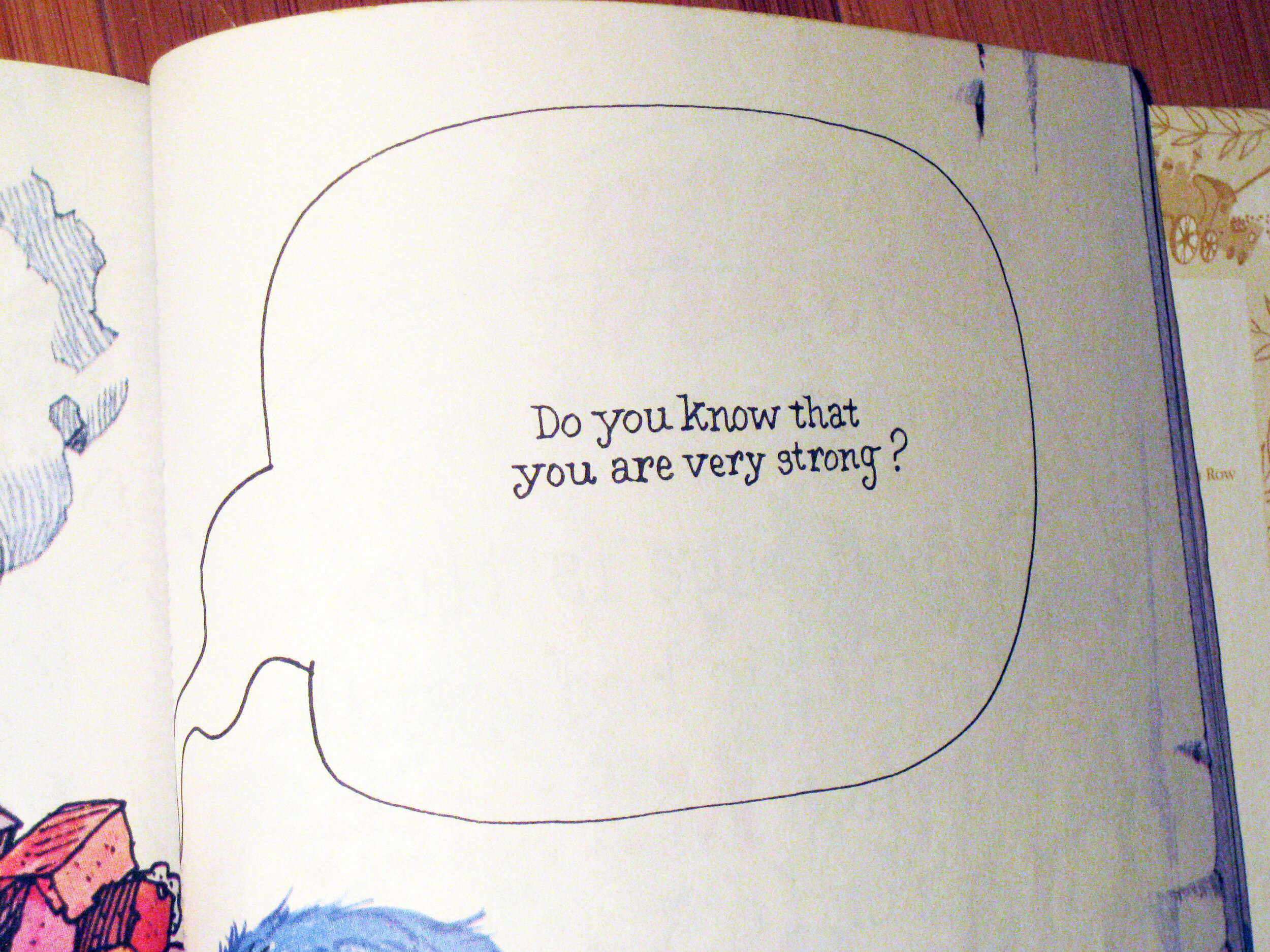The Monster at the End of this Post
Head Alien’s Note: An earlier version of this post was first published on October 10, 2011, at blackriders.com
People of a certain age will likely remember a favourite Little Golden Book from amongst their first readers. Mine is, hands down, The Monster at the End of this Book, starring lovable, furry old Grover, written by Jon Stone and illustrated by Mike Smollin. I still have a copy, published in 1971 by the Western Publishing Company Inc. in conjunction with the Children’s Television Workshop. A lot of the signature gold spine has been rubbed off through hard usage, but that’s a good sign for a book, I think. And I couldn’t tell you for sure if this is the original copy I had as a kid, or just one I picked up from a used bookstore or garage sale somewhere. Either scenario is as likely.
I also can’t say for sure that any of the things I tell you now about this book would have occurred to me as a young child and new reader. But I am going to take the position that, as a person of a certain age, I get to start looking back and giving myself more credit than I deserve. Or put more properly, I think remarkable things can have profound effects on a curious mind, especially a very young one. And in retrospect, this book really is a remarkable thing.
To begin with, The Monster at the End of this Book employs a technique in storytelling that some very smart grownups have labelled “breaking the fourth wall,” that imaginary boundary between the audience and the story. Lovable, furry old Grover, the main character in the book, actually knows that he is inside a book, on pages that he knows can turn, and he knows too that there is an outside of the book where we, the readers, live. It brings to mind an episode of the 1980s detective show Moonlighting (another reference for people of a certain age) in which an otherwise standard chase scene becomes something altogether unusual and unexpected. The lead characters, played by Bruce Willis and Cybill Shepherd, pursue the bad guy not out the office door but right out the side of the office set itself, directly onto the sound stage and eventually into studio golf carts ‘speeding’ through the studio lot. For Moonlighting, the disruption of the fourth wall results in comedy. With this book, the breaking of the fourth wall creates not so much a disruption as an invitation.
From his self-referential vantage point within the book, Grover speaks right to the reader, to the child, to you, to me. He acknowledges all of us out here, from right on the cover. Then on the first page, he starts peeling back the bottom corner, asking “What is on the next page?” Well wouldn’t we all like to know? And the moment we touch the page to complete what Grover started, we are hooked.
The effect, I think, is to make this book far more interactive than anything we call “interactive” in this electronic day and age. The entire book is an intimate conversation with us, one that is entirely ours to move forward as Grover responds to us and we back to him. And in an added twist, we suddenly go from helping Grover by turning the first page, to driving him more and more nuts by turning each and every page that follows. Expressly against his wishes. Which is actually kind of mean and twisted, if you think about it. But exactly what makes it so hilarious. No matter what Grover says, you can keep turning the pages, and we do.
Which leads to perhaps the most profound lesson of all: with books, you, the reader, have power. When you turn the page, you make things happen. You are not passive. You are not sitting idly by and waiting to see what happens. You have all the control. You can turn the page any time you want. And not rope nor wood planks nor a wall of brick can stop you.
And what’s more, not only are you very strong, strong enough to turn any page, you are also brave, brave enough to go where even monsters fear to tread.
Read on!
– Winston




